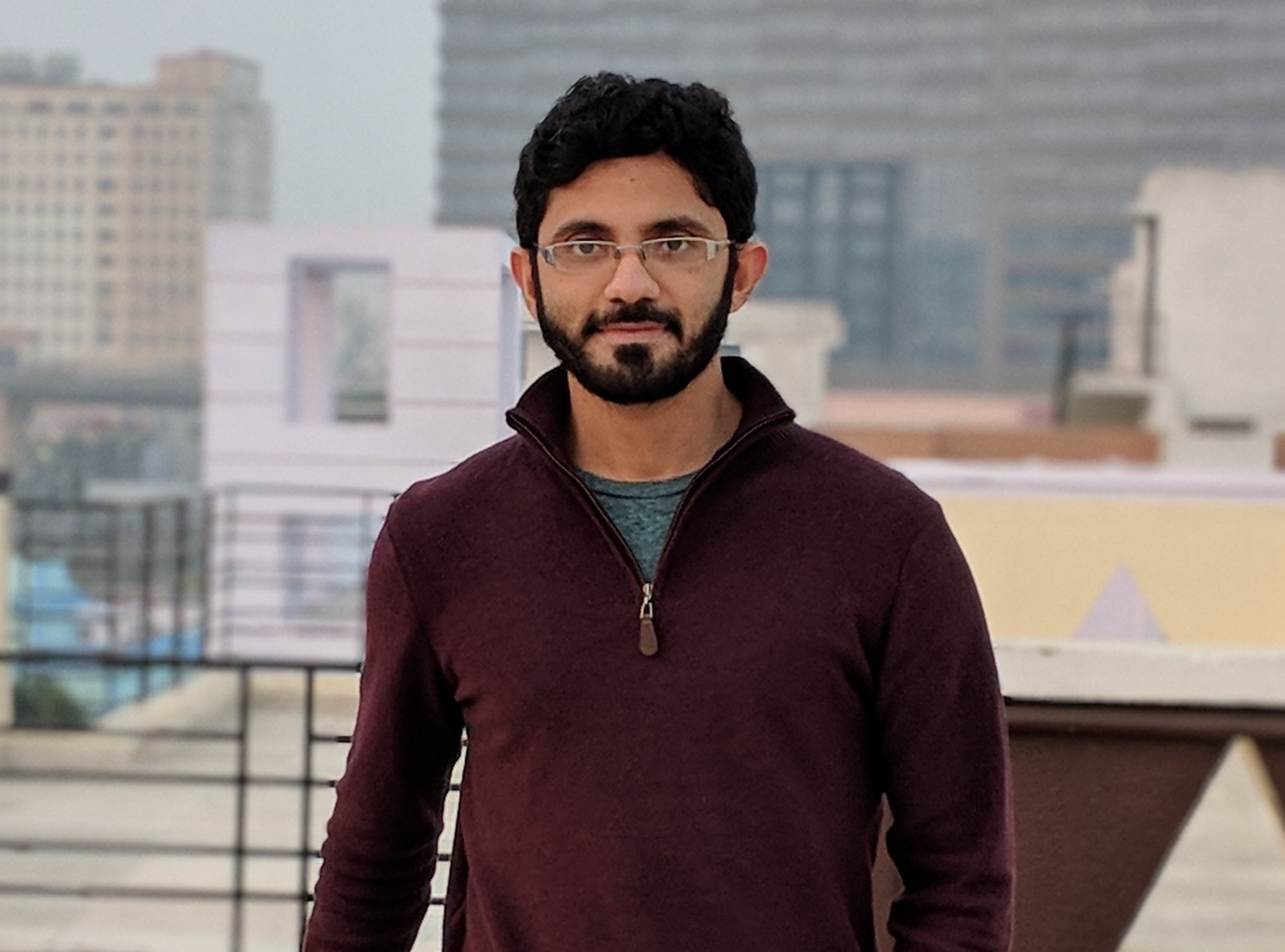The National Centre for Biological Sciences is delighted to welcome Shaon Chakrabarti, who joins the Centre as its newest faculty member.
Shaon’s research combines theory and experiments to study cellular proliferation at the single cell level -- its underlying physical principles, control mechanisms, and consequences in development and disease. The eventual goal of his research is to build on these basic principles to improve therapeutic strategies in the clinical treatment of cancer.
As a postdoctoral fellow at the Dana-Farber Cancer Institute and Harvard University, Shaon developed a variety of theoretical and computational techniques to investigate how the rate of cancer growth might be controlled, not just by external agents such as targeted therapies, but also by cell autonomous programs such as the circadian clock. In addition, he also started experiments using embryonic stem cells to investigate the development and role of the circadian clock oscillations on cellular proliferation. Prior to that, Shaon used methods from (non) equilibrium statistical physics to infer force effects on various biomolecules in his graduate research at the University of Maryland. In particular, he discovered universal principles that helicases follow while unwinding double-stranded DNA molecules.
Shaon joins the Simons Centre at NCBS. In his own lab, Shaon will combine live and fixed cell microscopy with theoretical tools drawn from statistical physics, biostatistics, and machine learning, to uncover the rules of cellular proliferation and fate decisions. Initial efforts will be focused on how fluctuations in protein levels among single cancer cells drive their population dynamics after drug treatment. As part of this research direction, the lab will also develop methods to infer how the circadian clock may drive cellular responses to drug treatments, and how these responses may be mathematically predicted and controlled.
You are here










0 Comments